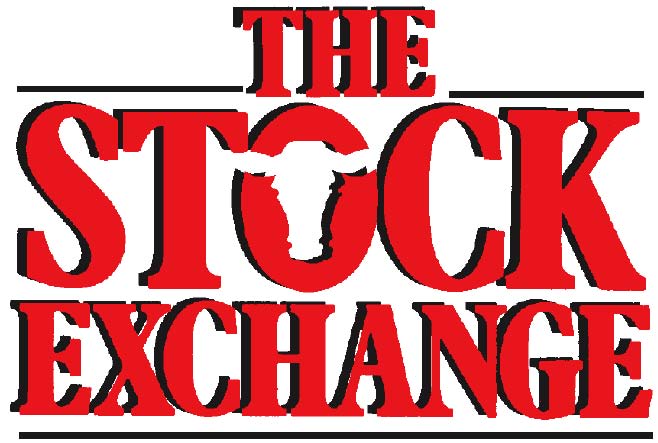Kansas Forest Service: Tip dieback on trees may not be permanent
Kermes scale is a small insect that is often mistaken for small bumps on a tree. Tip dieback caused by the insect may not have any lasting impacts on the tree’s overall health. Trees will rebound from environmental stressors that cause tip dieback on trees, official says MANHATTAN, Kan. – Branch tip dieback, a progressive death of twigs and branches, can be worrisome to see on oak trees in summer, as these long-lived…
